
A report in Pediatrics offered information on the clinical presentation, prevalence, and outcomes of a simultaneous serious bacterial infection with mastitis.
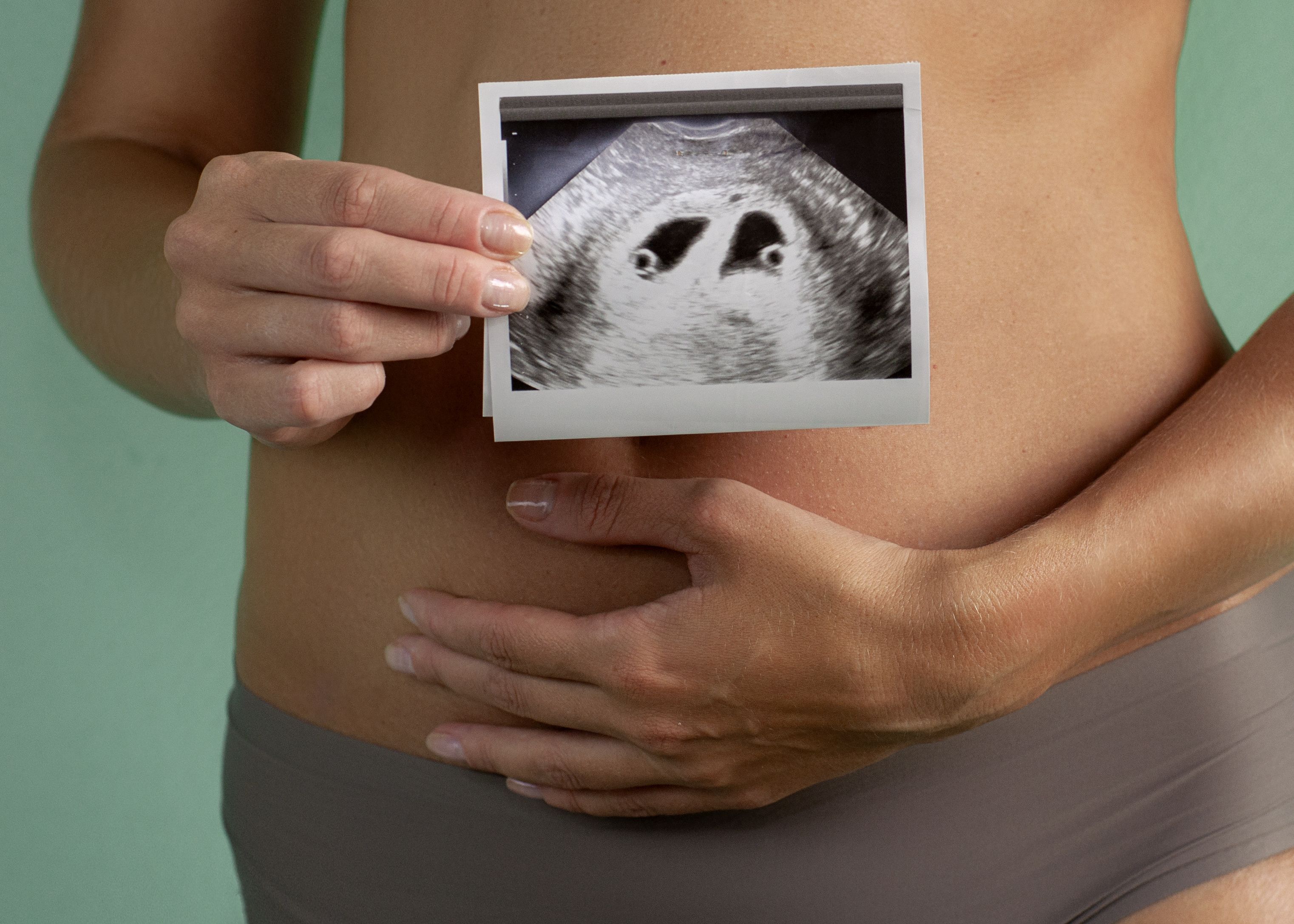

A report in Pediatrics offered information on the clinical presentation, prevalence, and outcomes of a simultaneous serious bacterial infection with mastitis.
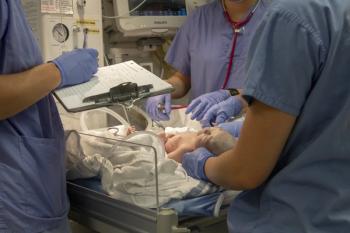
His mother’s past medical history is significant for preeclampsia, previous opiate, and cocaine abuse, and current tobacco use, and she was incarcerated during the pregnancy. What's the diagnosis?

A recent study shows that abnormal development is controlled by the genetics of the fetus and placenta, rather than the intrauterine environment.
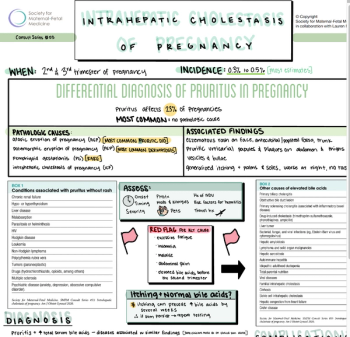
Refer to this visual summary from SMFM wherever you practice.

“Opioids affect placental development and function in animal models, but human data on their association with ischemic placental disease are limited,” wrote the authors.

Despite the umbilical artery (UA) Doppler pulsatility index being used to detect elevated fetoplacental vascular resistance, the metric is confounded by variation in fetal cardiac function and is only moderately predictive of placental pathology.

A session at the virtual Scientific Sessions for the American Diabetes Association examined the potential long-term outcomes for a child who experiences neonatal hypoglycemia.

A session at the virtual Scientific Sessions for the American Diabetes Association offered some best practices for diagnosing and treating hypoglycemia.

An investigation looks into whether a new respiratory support system reduces intubation or death in the delivery room.

Healthy diets are known to reduce risks of chronic diseases, but what is known about their impact on common pregnancy complications?

A report offers the first epidemiological data that applied new criteria for bronchopulmonary dysplasia.

“Promoting healthy weight gain during pregnancy is important for both pregnant people and their babies,” said Task Force member Aaron Caughey, MD, MPP, MPH, PhD, a professor and chair of ob/gyn at Oregon Health & Science University in Portland.

Although fortification of expressed breast milk (EBM) via commercially available human milk fortifiers (HMF) has been shown to increase short-term weight and length among preterm very low-birth-weight (VLMW) neonates, widespread adoption of HMF is hampered by high cost and the increased risk of severe adverse events.
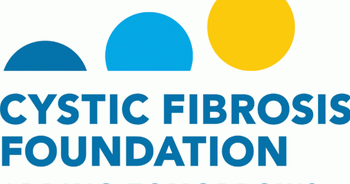
A pending prospective, multi-center study will assess whether mothers with cystic fibrosis can maintain their health if they become pregnant.

This list was compiled by Christine R. Isaacs, MD; and William M. Leininger, MD, as a supplement to their presentation from the 2021 American College for Obstetricians and Gynecologists (ACOG) Annual Clinical and Scientific Meeting (ACSM), held virtually April 30-May 2.

We estimated that the likelihood of a defense verdict was essentially a 50/50 proposition.
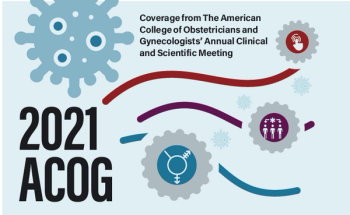
Significant updates occurred in women’s health issues while the world was in survival mode.
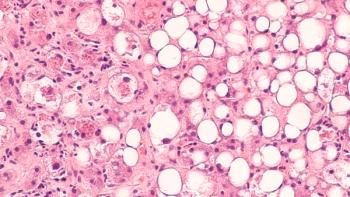
Acute fatty liver of pregnancy (AFLP) is a rare but potentially fatal condition characterized by hepatic failure.

Intrahepatic cholestasis of pregnancy (ICP) occurs in the second and third trimesters of pregnancy and is characterized by pruritus and elevated serum bile acid concentrations.

“My research centers on examining the intersection of policy, health and economics. In no other area of medicine is policy as critical to health as ob/gyn. It is essential to understand how policy can promote health, or perpetuate reproductive health disparities,” said principal investigator Maria Rodriguez, MD, MPH, an associate professor of ob/gyn in the Section of Family Planning at Oregon Health & Science University in Portland.

“GO MOMs will set the foundation for determining future approaches to the screening, diagnosis, and eventually, the treatment of elevated blood glucose during pregnancy,” said NIDDK program director Barbara Linder, MD, PHD, the project scientist for the study.

A recently updated Practice Advisory from the American College of Obstetricians and Gynecologists (ACOG) provides an overview of the latest guidance for COVID-19 vaccination in pregnant and lactating patients.
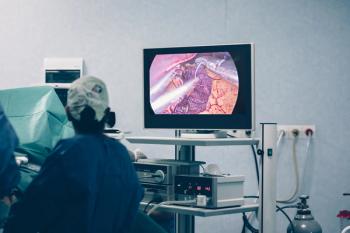
New findings support current guidelines to avoid pregnancy for 12 to 24 months after bariatric surgery, adding emphasis on achieving gestational weight gain.

A new study, which was published in JAMA, investigated the immunogenicity in 103 pregnant and lactating individuals aged 18 to 45 years who received either the Pfizer of Moderna COVID-19 vaccines.

“On a national level, it was decided that in spite of the lack of information, breastfeeding women should be vaccinated,” said principal investigator Ilan Youngster, MD, MMSc. “Thus, we decided to conduct a study to examine whether anti-SARS-CoV-2 antibodies are secreted into breastmilk and whether any infant adverse events are described.”